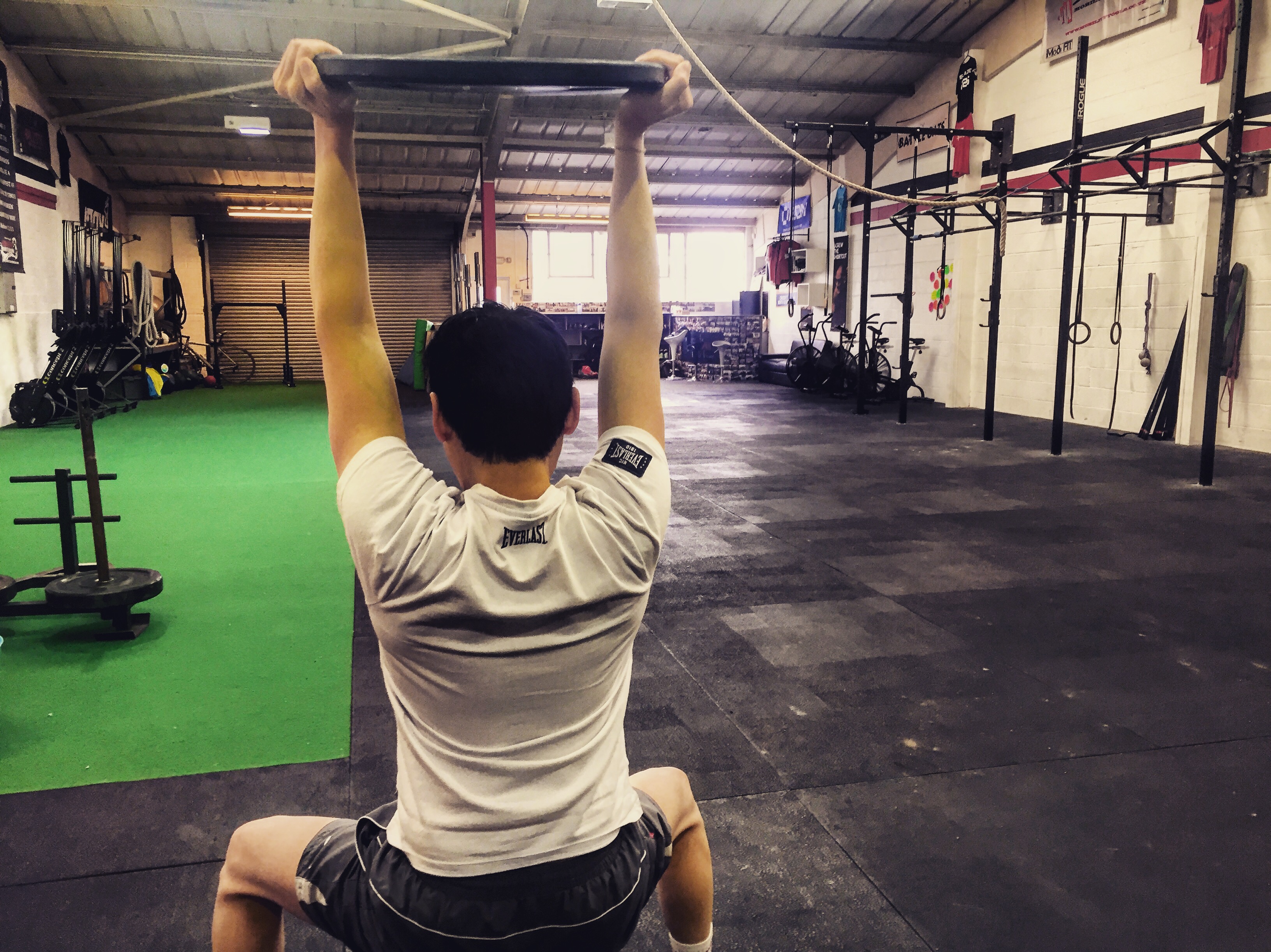It takes years to become a high level performer in competitive sport. In fact it takes years to be a high level performer in other professions too. Think mathematics, neurosurgery and sheep shearing to name a few! Oft quoted research by Professor Anders Ericsson suggests 10,000 hours of deliberate practice is required to reach expert performance. Whilst this generalisation has it’s critics the bottom line is that it takes a long time and lot of work to reach the top. Competitive athletes soon learn their level and recognise the amount of work required to compete at higher levels. However, as training improves, so too does the competition. In order to compete at higher levels an athlete needs to improve at a faster rate than those around them.
Strength and Conditioning as an Arms Race
Strength and conditioning forms a significant part of any aspiring athletes programme. It is especially important for those looking for a competitive edge. However, it isn’t always a case of more is better. Too often a highly detailed and extensive programme or the latest gadgets and equipment will not compensate for inconsistency or bypass the need for basics. Strength and conditioning for sports is not an arms race. The person who trains with the most resources is not guaranteed to achieve the most.
- Be patient. We already know there are no short cuts. It takes time to build capacity. Listen to your body and avoid cookie cutter programmes – they don’t suit everyone the same.
- Focus on weaknesses regularly. It is so easy to concentrate on what we are good at. Don’t neglect strengths, but do focus on bringing weaknesses up to scratch. A personal example was when an experienced competitor, in response to me saying I needed to learn a muscle up, said:
- “100% of people who don’t have muscle ups, don’t get muscle ups’
- Avoid over competing. Competition provides a buzz that many enjoy about their respective sport. Gaining competition experience is an important part of becoming more competitive. However, if it comes at the expense of training and learning then it will be detrimental. Take the time to use training to refine strategies. Always competing against others or the clock means that your strategy doesn’t develop as well as it could.
- Tune in to your body. By emphasising training and experimenting with different strategies you can really get to know your body and how it responds to different pressures. The very best athletes are very in tune with how their body is coping and they can therefore make continual and appropriate adjustments to improve competitive performance.
In Conclusion…
In the quest to get better at a faster rate than the competition one has to be smart. More is not better. We work with a number of our elite and junior elite athletes to improve the quality of their strength and conditioning. It isn’t just about quality. If you would like to know more about how we can help you achieve your competitive goals then please contact us here.
